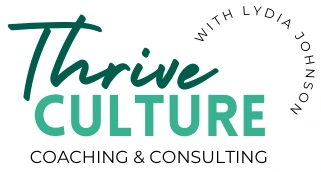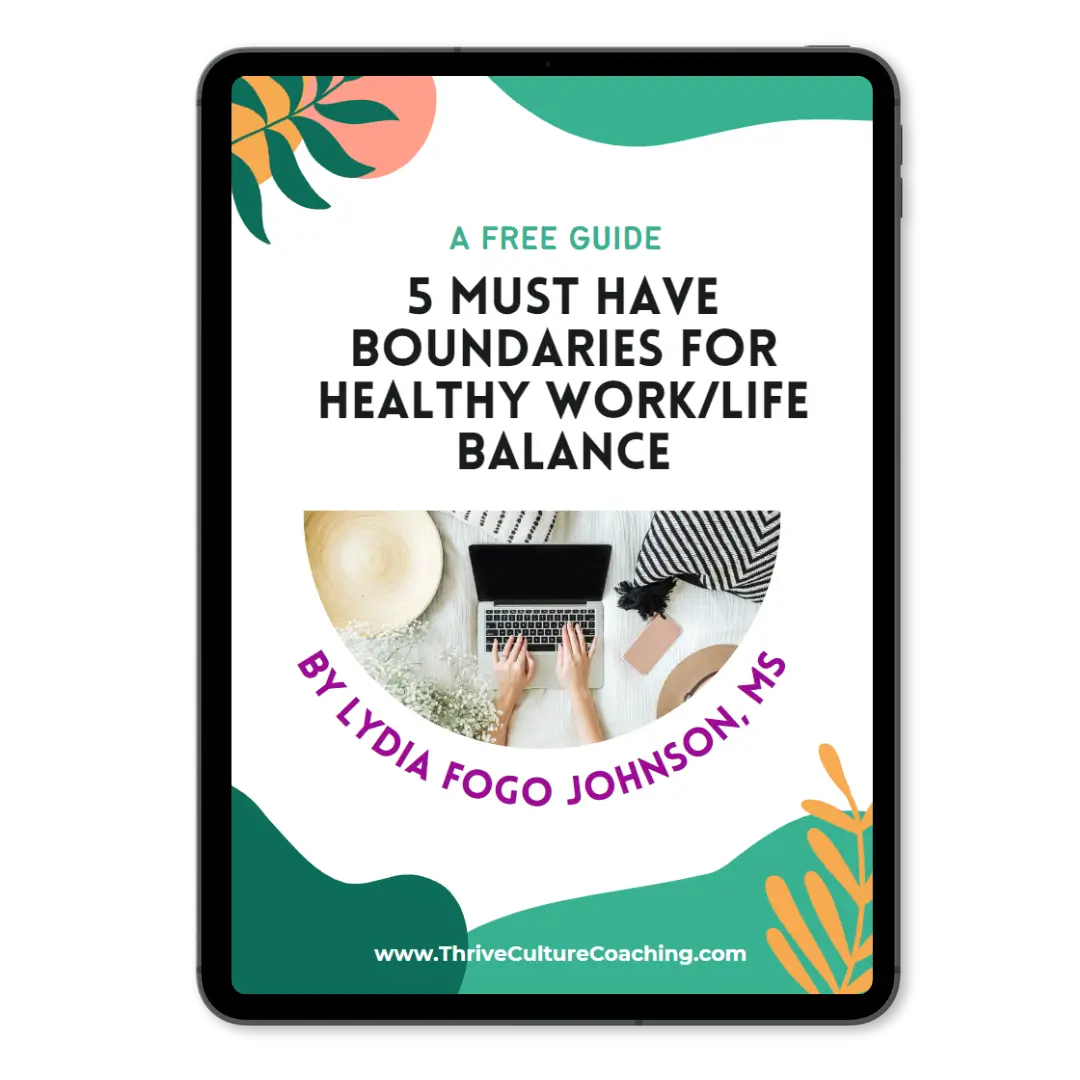A $5.6 trillion industry is funneling all of its ad power into selling you an endless train of “ faux self-care.” From every corner of the internet, roadside billboards, and all the influencers you follow, it screams a loud, dangerous message:
“If you just buy our product or do our special thing, then you too will feel as [good, sexy, happy, calm, peaceful, confident] as everyone else you know already does .”
Faux Self-Care
Lakshmin describes faux self-care as an activity or product that someone or something tells you to do or purchase to maintain your status quo with others. Faux self-care is often focused on caring for your physical body’s needs or getting a momentary break of peace/rest before jumping right back into the unsustainable daily grind. Think bubble baths, expensive beauty products, spa days, or fancy PJs.
Faux self-care often feels like busy work or something on your overflowing to-do list that doesn’t fix the real problem—that you’re stressed and overwhelmed from tackling an unsustainable amount of things in a system and culture that doesn’t support, value or prioritize human thriving, but especially devalues caregiving, domestic labor, and women in general.
The barely concealed message of faux self-care is that it isn’t our toxic and unsustainable societal system that’s the problem… it’s you! Faux self-care screams, “It’s your fault you can’t keep up with it all! I mean, when did you last take a bubble bath?! No wonder why you’re stressed!”

Real Self-Care
In contrast to faux self-care, Lakshmin defines real self-care as originating within you and as a verb—an action or decision that helps you prioritize your needs and helps you come a bit closer to yourself and what you find important. Real self-care often doesn’t look anything like what we’ve been taught is “self-care”— it’s probably invisible!
Lakshmin lays out four core tenants of Real Self-Care, which are: boundary setting (and dealing with guilt that might accompany this process), self-compassion, tuning into your values, and leveraging your power for good.
As you can imagine, often real self-care takes more work to set up than faux self-care, which can leave us very susceptible to looking for the temporary relief and false promises of faux self-care.
Check in with yourself: Where in your life are you doing things or buying things because something or someone else is telling you that you should? “Should” is powerful language that is a big red flag!
Real self-care is all about making space for you— your thoughts, feelings, and priorities in life. Most of my patients need to fight their way to having this space, because they don’t see their time and energy as belonging to them. And, again, this isn’t their fault. Our entire system is built on the premise that women’s time— and especially the time of Black and brown women— doesn’t belong to them. Setting boundaries is how we take our time, energy, and attention back.
~ Dr. Pooja Lakshmin, Real Self Care
Ways We Fall Prey to Faux Self-Care
Lakshmin explains that we often fall prey to faux self-care because of the sierin call of three specific surface-level “fixes”: escape, achievement, or optimization.
Let’s dive into each of these temptations (and ideas for what to do instead) below:
Escape as Faux Self-Care
You tend to avoid the issues or numb out instead of working to make your situation more sustainable and fulfilling.
Years ago, there was an especially high-stress time when I constantly joked that I wanted to drop it all and run away to Hawaii. This sentence became so common that now I label anything that is a form of escapism as a “Hawaii.” And while we don’t usually get actually to run away to Hawaii, most of us have a bunch of ways we try to escape, numb, or avoid the challenges in our lives.
This desire isn’t all bad— sometimes a mini-escape can help us organize our thoughts or recover our mental and emotional resources. However, frequently leaning on escapism or numbing can keep us from addressing the root issue and can lead to some unhealthy coping mechanisms (e.g., substances, becoming a phone-scrolling zombie). Additionally, research shows that escape-avoidance coping is related to higher levels of burnout (Thornton 1992).
Examples of faux escape self-care at work and home include:
- Scrolling breaks: Taking breaks from work (or your personal life) that involve scrolling through social media or shopping online, which research shows doesn’t do much for your recovery or life fulfillment.
- Avoiding work or procrastinating: If you constantly avoid your desk or that big project, you might be engaging in procrastinating behaviors as a form of escapism.
- Using lavish vacations to try to recover from stress: Vacations are a good thing… but even the most lavish vacations won’t make up for a lack of self-care and balance in the months that pass between those vacations. Enjoying sustainable work/life balance and mental health requires constant daily deposits— you can’t deposit a mega-dose a few times a year and hope it’ll get you through.
Real self-care is, by definition, very personalized and not prescribed from the outside. So, instead of giving blanket examples of what anyone might do, I’ll give a few examples of what real self-care looks like for myself when I’m feeling tempted by escapism:
- Taking micro-breaks in my work day, with methods like Toliet Breath, where I tune into my body and needs instead of endlessly scrolling.
- When I frequently feel a sense of procrastination or avoidance, I use this as a red flag and do some soul-searching about whether or not my current reality is aligned with my values and is meeting my deepest needs.
Note: Remember, what is real self-care for me might be faux self-care for you… so check in with yourself before assuming these are your golden ticket!
Check in with yourself: Where in my life am I avoiding a deeper problem or looking for a sense of escapism, when what is called for is doing some deep work around redesigning my career or personal life to better meet my core needs and desires?
Achievement as Faux Self-Care
You tend to seek praise or feel-good surface-level wins instead of prioritizing what matters most to you.
- Avoidance activities: Engaging in busy work that feels productive but doesn’t address the root cause of stress or workload issues.
- Personal improvement overload: Overloading on professional development courses to feel more accomplished, even when already overwhelmed.
- Overworking to compensate: Working late nights and weekends thinking it will reduce the next day’s stress, earn that next gold star, or reduce your looming sense of imposter syndrome.
- Saying yes to all the things: Sacrificing your time and sanity because you say yes to all the things, whether it’s a new project at work or that PTA committee.
Examples of my own real self-care that avoid the pursuit of achievement-related faux self-care:
- I try to measure my progress with metrics that are important to me instead of what society tells me I should care about or vanity metrics like number of likes or shares. For example, I remember that my definition of success in my business is positively impacting clients and enjoying work/life balance… not hitting an arbitrary revenue target or publishing a certain number of times a week.
Check in with yourself: Where in my life am I prioritizing other’s approval or society’s standards of success over my values, needs, and opinion of myself? What can I do to prioritize my own opinion of myself and values over other’s?
Optimization as Faux Self-Care
You try to make your life more efficient, promising yourself that you’ll spend more time on yourself once you’ve finally got it “under control”— which never happens.
- Buying productivity apps or tools: You invest in products that will help you cram more into your jam-packed schedule instead of addressing the underlying issue— you’re at capacity.
- Fascination with productivity and time management hacks: You’re still just trying to cram too much into too little time.
- Promising you’ll prioritize yourself after you just do one more thing: A time will never come when you’ve got everything perfectly under control… so it’s a dangerous game to save only crumbs of time and energy for those things that are the most life-giving.
Here are some examples of my own real self-care practices that attempt to help me avoid the endless optimization game: (For the record, this is the one I struggle with the most!!)
- Scheduling a reoccurring me-night that happens (nearly) no matter how chaotic life is and using that time for my enjoyment, not for productivity, business, or chores/errands.
- I purposely let some parts of my life be highly messy and imperfect, and I don’t beat myself up about it because I know I’ve intentionally deprioritized this area. For example, my mountain of unfolded laundry or my intentionally slow email response time.
Check in with yourself: Where in my life am I seeking an unrealistic sense of control, organization, or efficency? What can I do to prioritize myself admist the choas?
Prompts to Help You Kick Faux Self-Care IRL:
For most of us—especially if you were socialized as a female and are a caregiver/mother—this way of thinking is pretty darn foreign to you. Changing your mindset and honoring your needs on a real, deep level will be a daily and life-long practice.
Unfortunately, there’s not a quick fix here… but I can gift you some big thought-provoking reflections or journal prompts to help you start to integrate this new mindset into your daily life:
Prompts for When You Feel a “Should” or Faux Self-Care Desire Coming On…
- What is the kindest, most compassionate thing I can do for myself right now?
- If I let go of all the “shoulds” and everyone else’s expectations and just listen to my own needs and wants for a minute, what do I really want right now?
- Am I at risk of falling prey to faux self-care via escapism, a surface-level sense of achievement, or endless optimization right now? If so, what is the problem I’m trying to put a bandaid on right now, and how can I help prioritize my needs more sustainably and realistically?
Prompts for When You’re Trying to Tune In With Your Real Self-Care Needs…
- What’s real need is at the root of this “should” or craving? What would be the most genuine, authentic way to honor that need?
- What in my life do I do that gives me a sense of joy, meaning, or excitement for living? Am I prioritizing these things?
- If I remember that real self-care involves taking care of my inner self (e.g., emotions, mental health, fulfillment, sense of identity) as well as my outer self (e.g., my physical needs), am I getting those inner needs taken care of right now?
Get More Help + Extra Resources
Books
- Obviously, Pooja Lakshmin MD is the thought leader here, and her book Real Self-Care takes the lead as your new self-care bible. It’s definitely worth the read and offers invaluable wisdom, exercises, journal prompts, and helpful examples from countless clients.
- Love Your Kids Without Losing Yourself by Dr. Morgan Cutlip is another great read that is especially well-suited for anyone who is also a mother to young kids.
- This is my Virtual Women’s+ book club’s current read! If you want to be added to our book club you can join here.
- Oliver Burkeman’s 4,000 Weeks: Time Management for Mortals is a great read to remind ourselves of the limitations of the human experience… and how you simply will never cram it all in, so you should stop trying.
Personalized Support Via Coaching
When you think of a career coach, you might assume we’re just going to talk about resumes and preparing for your next performance review.
Well, you’d be wrong.
At least when it comes to my approach.
I am a career coach who primarily supports women with big jobs and little kids struggling with burnout and unfulfillment, and I take a holistic approach to tackling the root causes of overwhelm and career unhappiness.
Over the years, I’ve found that we can’t heal and prevent burnout without talking about some of these very topics— how society demands that women sacrifice themselves for others, how we’ve internalized toxic capitalistic narratives about how our self-worth is determined by our output, how being a Mother requires sacrificing your health and happiness.
So, if you’d like extensive one-on-one professional support with your journey to prioritize self-care and making your career more sustainable and balanced, I’m here to help. Learn more and book a free consultation for a customized coaching plan!




Share